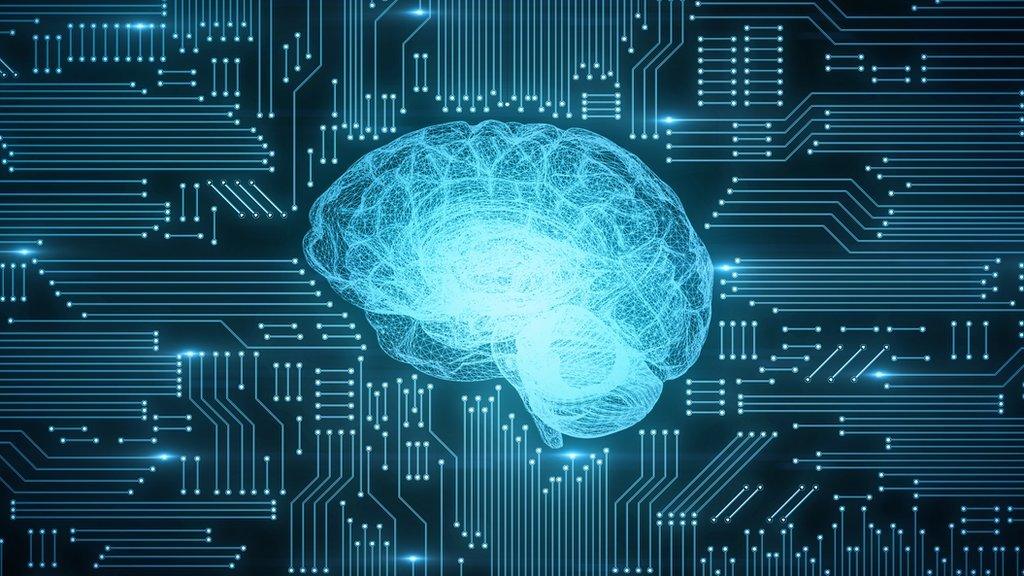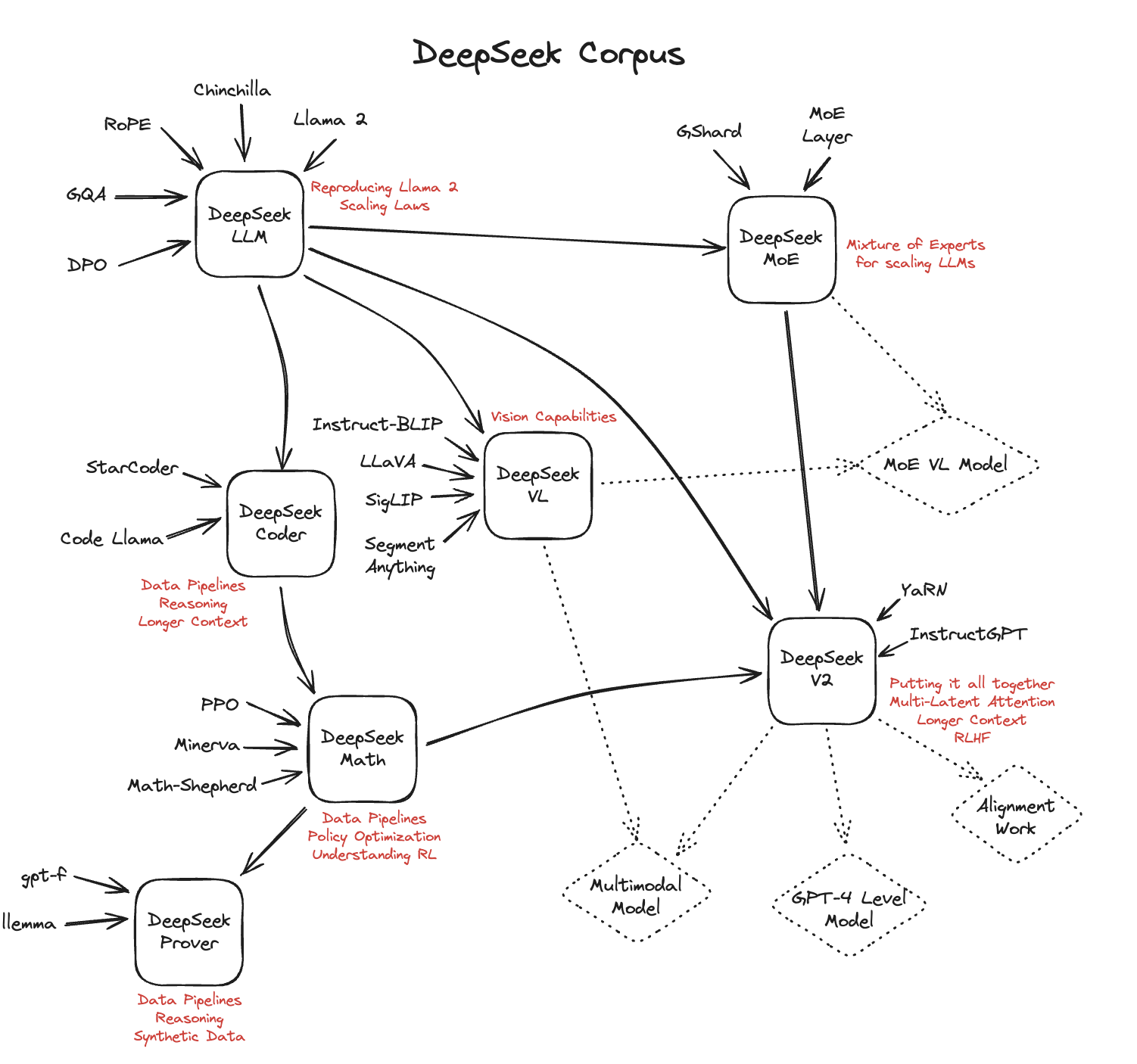Technology is altering our world at an impressive speed! Its sweeping changes can be discovered everywhere and they can be described as both thrilling, and at the same time terrifying. Although people in lots of parts of the world are still trying to come to terms with earlier technological transformations together with their sweeping social and instructional implications - which are still unfolding, they have been woken up to the truth of yet another digital revolution - the AI transformation.
Expert System (AI) innovation describes the capability of a digital computer or computer-controlled robot to perform tasks that would otherwise have been performed by human beings. AI systems are designed to have the intellectual procedures that identify humans, such as the capability to reason, discover meaning, generalize or learn from past experience. With AI technology, vast amounts of info and text can be processed far beyond any human capacity. AI can likewise be used to produce a vast range of brand-new material.
In the field of Education, AI technology comes with the possible to make it possible for new forms of teaching, discovering and academic management. It can likewise improve discovering experiences and support instructor jobs. However, in spite of its favorable potential, AI likewise positions considerable risks to trainees, the mentor community, education systems and society at large.
What are a few of these dangers? AI can lower teaching and finding out processes to computations and automated tasks in ways that cheapen the role and impact of teachers and damage their relationships with learners. It can narrow education to just that which AI can process, design and deliver. AI can also worsen the around the world shortage of qualified instructors through out of proportion costs on innovation at the cost of financial investment in human capacity development.

Using AI in education also creates some essential concerns about the capacity of instructors to act purposefully and constructively in determining how and when to make cautious use of this innovation in an effort to direct their expert growth, find options to obstacles they face and improve their practice. Such basic concerns include:
· What will be the function of instructors if AI innovation become extensively carried out in the field of education?

· What will evaluations look like?
· In a world where generative AI systems seem to be developing new capabilities by the month, what skills, outlooks and proficiencies should our education system cultivate?
· What modifications will be needed in schools and wikitravel.org beyond to help trainees plan and direct their future in a world where human intelligence and device intelligence would appear to have ended up being ever more carefully linked - one supporting the other and vice versa?
· What then would be the function or function of education in a world dominated by Artificial Intelligence technology where humans will not always be the ones opening brand-new frontiers of understanding and knowledge?
All these and more are daunting concerns. They force us to seriously consider the concerns that occur concerning the implementation of AI technology in the field of education. We can no longer simply ask: 'How do we prepare for an AI world?' We must go deeper: 'What should a world with AI appear like?' 'What roles should this powerful technology play?' 'On whose terms?' 'Who chooses?'

Teachers are the primary users of AI in education, and they are anticipated to be the designers and facilitators of trainees' learning with AI, the guardians of safe and ethical practice throughout AI-rich academic environments, and to function as role designs for lifelong finding out about AI. To presume these duties, teachers need to be supported to develop their capabilities to leverage the potential benefits of AI while mitigating its threats in education settings and wider society.
AI tools need to never ever be designed to replace the genuine accountability of teachers in education. Teachers ought to stay responsible for pedagogical choices in the use of AI in teaching and in facilitating its uses by students. For teachers to be accountable at the practical level, a pre-condition is that policymakers, instructor education organizations and schools assume responsibility for preparing and supporting instructors in the proper use of AI. When introducing AI in education, legal protections should also be developed to secure teachers' rights, and long-lasting monetary commitments need to be made to guarantee inclusive access by teachers to technological environments and fundamental AI tools as important resources for adapting to the AI period.
A human-centered technique to AI in education is crucial - a technique that promotes key ethical and
practical principles to assist manage and direct practices of all stakeholders throughout the whole life process of AI systems. Education, given its function to safeguard as well as help with advancement and knowing, has an unique commitment to be totally aware of and responsive to the threats of AI - both the recognized threats and those only simply coming into view. But too frequently the risks are overlooked. Using AI in education for that reason requires careful consideration, consisting of an examination of the evolving roles instructors need to play and forum.altaycoins.com the proficiencies required of instructors to make ethical and efficient use of Expert system (AI) Technology.
While AI uses chances to support teachers in both mentor in addition to in the management of finding out procedures, meaningful interactions in between teachers and students and human growing ought to remain at the center of the educational experience. Teachers must not and can not be replaced by innovation - it is important to protect teachers' rights and ensure appropriate working conditions for them in the context of the growing usage of AI in the education system, in the work environment and in society at big.








